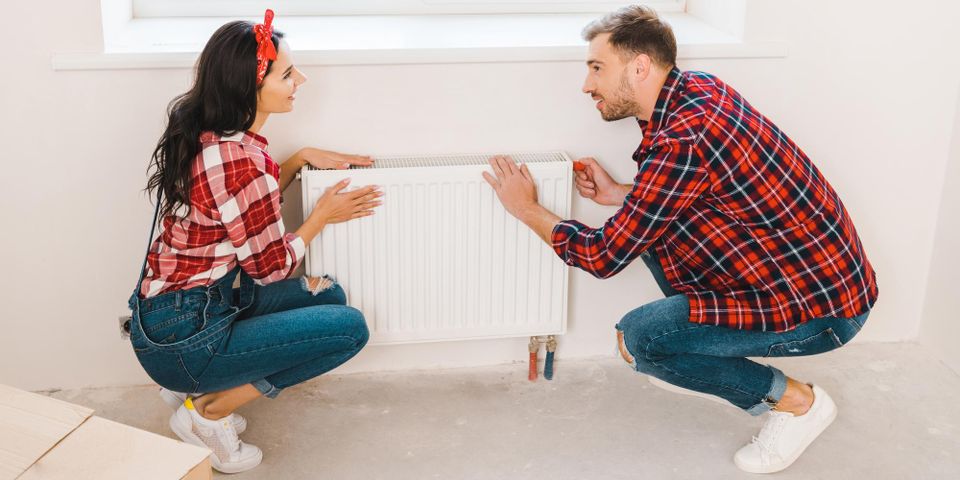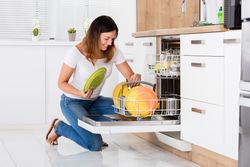
Hot water and a warm home are necessities for many homeowners, and water heaters and boilers are the two most common solutions. If you’re thinking of upgrading your system or are outfitting a new home, weigh the pros and cons of each system to ensure that you make the right selection for your long-term residential plumbing and HVAC needs. Here’s what you need to know about water heaters and boilers.
Boilers
Boilers are closed-loop HVAC systems that heat water to a boil or just below the boiling point. Older systems use steam, but newer boilers circulate hot water through radiators, radiant flooring systems, and forced-air baseboard radiators to warm the house. Boilers can be powered by electricity, propane, natural gas, or heating oil.
Traditional boilers store cold water, and the whole system can be bulky, so ensure you have plenty of space in your home. They work similarly to tankless water heaters—rather than storing hot water, they simply treat it as it passes through. With proper care, a boiler can last between 15-20 years.
Water Heaters
 A water heater draws water from your home’s main intake line and stores it in a large tank. There, it uses electricity, fuel, or solar energy to heat and contain the water until you turn on a faucet or use an appliance. The hot water is then directed through the residential plumbing and delivered to the fixture. There are also gas and electric tankless options. These high-energy units treat water as it passes from the main line, through a heating element, and then to the fixture, so no water storage is required.
A water heater draws water from your home’s main intake line and stores it in a large tank. There, it uses electricity, fuel, or solar energy to heat and contain the water until you turn on a faucet or use an appliance. The hot water is then directed through the residential plumbing and delivered to the fixture. There are also gas and electric tankless options. These high-energy units treat water as it passes from the main line, through a heating element, and then to the fixture, so no water storage is required.
Homeowners can adjust the temperature on their water heaters and usually keep it between 120 degrees and 150 degrees Fahrenheit. There are various-sized tanks ranging from 20 gallons to 50 gallons that can be tucked into smaller areas. If you’re tight on space, a tankless option is an excellent choice since it’s mounted on the wall.
Electric water heaters can have high operating costs—especially tankless options that use a large amount of energy for on-demand heating. There are, however, energy-efficient options that, while more expensive, will pay for themselves through savings. The average water heater lasts between eight and 12 years with regular maintenance.
If you need a hand maintaining your residential plumbing and appliances, contact PROfetick Plumbing. This Lexington, KY, contractor has provided reliable service for over 30 years, addressing emergency needs, bathroom remodeling, water heater repair, and more. Visit their website to explore their full scope of residential plumbing services, and call (859) 263-5727 to schedule an inspection in Lexington, Versailles, Frankfort, Nicholasville, Richmond, or Winchester. Receive more plumbing tips by connecting on Facebook.
About the Business
Have a question? Ask the experts!
Send your question

